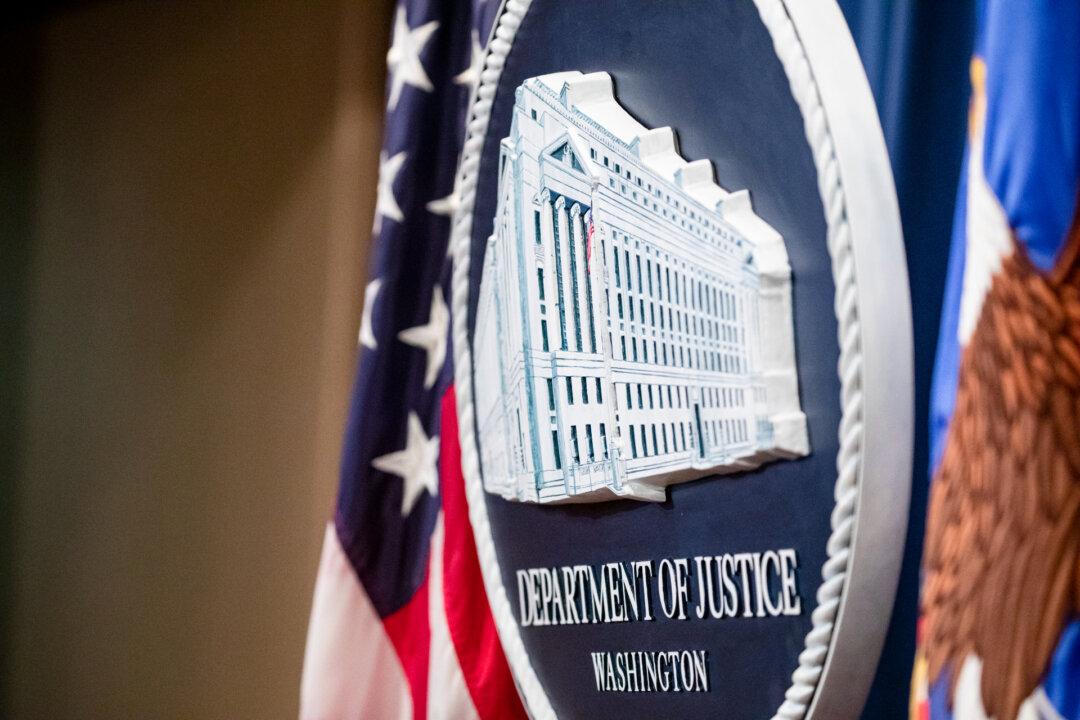Shanghai Disney Resort has been shut down from March 21 due to a new surge in coronavirus cases while harsh restrictions in the city have drawn protests online.
In a notice, the resort said it would refund or exchange tickets for all guests impacted by the closure. Guests may choose to revisit the park on any other day within the next six months of the ticket validity date after Disney reopens.





